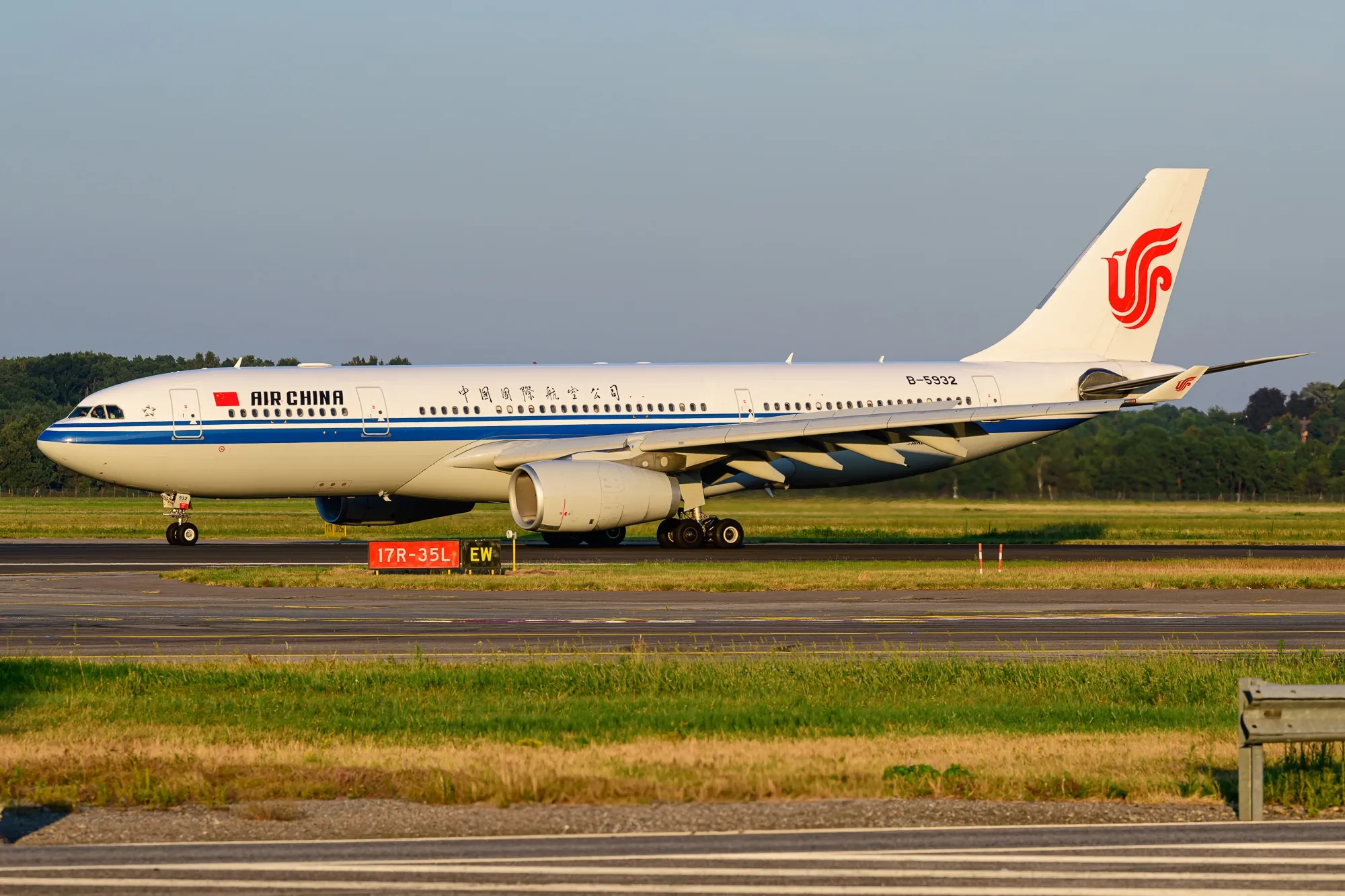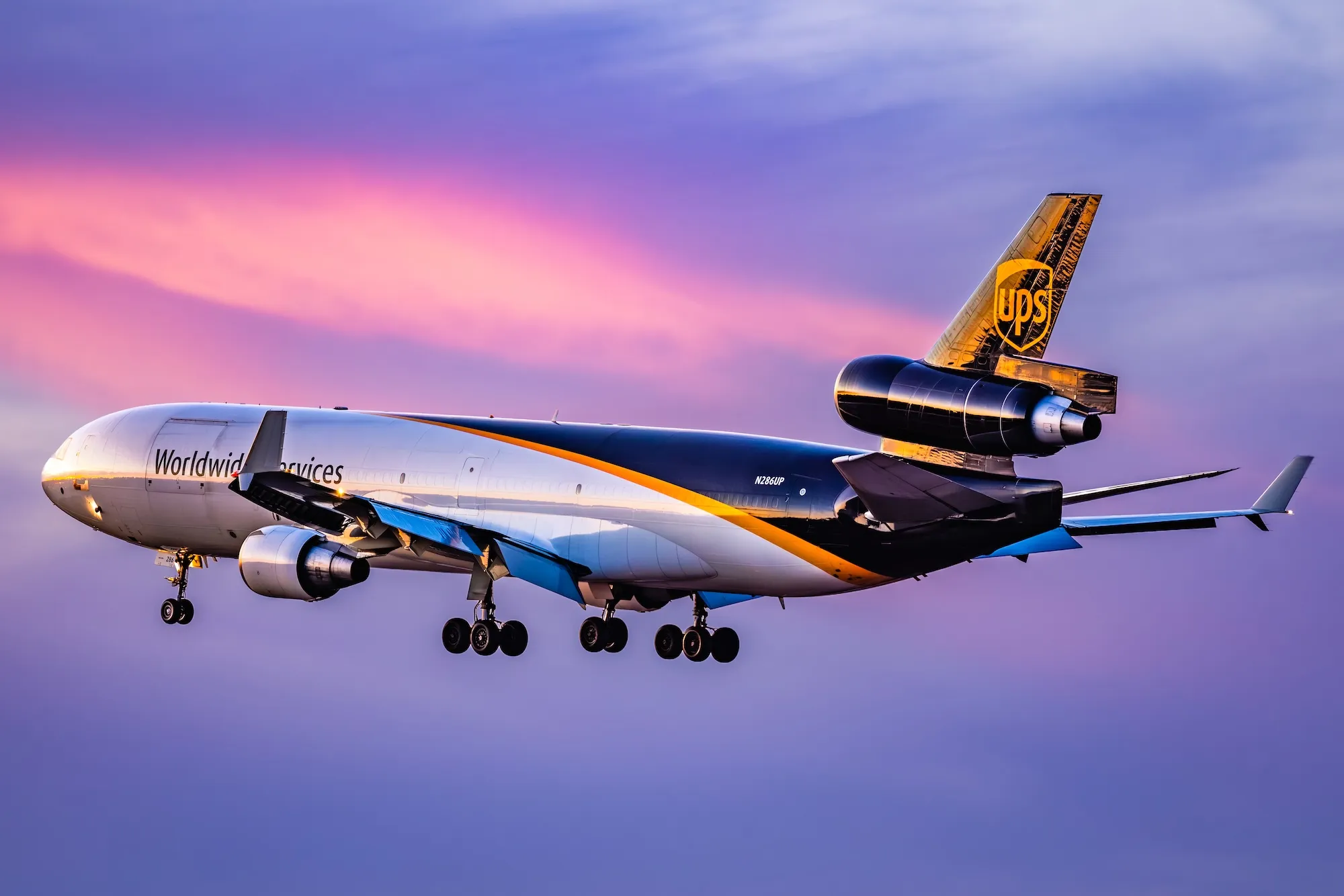DALLAS — As of today, July 23, 2024, Delta Air Lines (DL) has canceled over 5,500 flights since the CrowdStrike IT outage began, including at least 700 cancellations on that day alone.
Beginning on Tuesday, DL posted 400 cancellations before 7 a.m. EST. Although it's a big improvement over Monday, tens of thousands of passengers are going to have to deal with the airline's quagmire of a situation.
This prolonged recovery period has drawn attention from federal authorities, with Transportation Secretary Pete Buttigieg expressing concern and expecting DL to provide accommodations and refunds for affected passengers.
"We have made clear to Delta that they must take care of their passengers and honor their customer service commitments. This is not just the right thing to do," said Buttigieg, "it's the law, and our department will leverage the full extent of our investigative and enforcement power to ensure the rights of Delta's passengers are upheld."
So, why is the Atlanta-based airline still struggling to recover from the CrowdStrike-Microsoft IT outage?

Reason for Delta's Slow Recovery
- Scale of impact: The outage affected "upward of half" of Delta's IT systems, which are Windows-based. This widespread impact required manual repairs and reboots for each affected system.
- Timing: The outage occurred during one of the busiest travel weekends of the summer, with bookings exceeding 90% capacity, limiting Delta's ability to accommodate rebookings.
- Critical systems affected: Two crucial applications were particularly difficult to restart:
- The system managing traffic at Hartsfield-Jackson Atlanta International Airport (ATL), DL's biggest hub
- The crew-scheduling program for assigning pilots and flight attendants to flights
- Ongoing issues: Even after restarting systems, new problems continue to emerge, requiring further attention from IT staff.
- Cascading effects: The initial disruptions have led to out-of-position aircraft, crew members, and passengers, creating a complex logistical challenge.
- Relative preparedness: Other airlines, such as Southwest (WN) and Alaska (AS), which don't use CrowdStrike, experienced fewer cancellations.

Three Critical Systems
- Delta's Crew-Scheduling System, which ensures that all flights have the necessary crew in place, is deeply complex and has been particularly challenging to synchronize and restore. This has led to significant delays and cancellations as the airline struggles to manage crew assignments manually.
- The Traffic Management System at ATL is crucial for managing operations at DL's primary hub. Its failure has compounded the logistical challenges faced by the airline.
- Passenger Check-In and Pre-Flight Assessment Systems: These systems are essential for processing passengers and ensuring aircraft weight and balance are correctly assessed before flights. Their disruption has led to further delays and operational difficulties.

Airlines CEOs and IT Matters
It is worth noting that other mainline carriers such as American Airlines (AA), the largest airline in the world when measured by scheduled passengers carried, continued to see cancellations until Monday night.
Delta Air Lines is the third largest in the U.S. as per scheduled passengers carried. It is also the largest in the world by revenue and fleet size as of 2023.
The airline's CEO, Ed Bastian, has stated that it will take "a few more days" before DL can confidently say the worst is behind. The carrier will still work on catching up with crew scheduling and addressing new issues as they arise thorough the day.
We can speculate that the majority of CEOs and C-suite executives generally view IT and all related matters as a money pit that does not bring in revenue. But as our in-house IT specialist notes, an astute C-Suite would have been ready for an IT outage or complete network collapse of this magnitude.

Ed Bastian Speaks
Delta CEO Ed Bastian shared the following message Wednesday morning as the airline continues to recover from the impact of last week's CrowdStrike outage.
"Since the CrowdStrike outage late last week, Delta’s team of the best professionals in the business has been working around the clock to restore the reliable, on-time operation you’ve come to know and expect when you fly with us.
While our initial efforts to stabilize the operations were difficult and frustratingly slow and complex, we have made good progress this week and the worst impacts of the CrowdStrike-caused outage are clearly behind us. Delays and cancellations were down 50% Tuesday compared to Monday, and we anticipate cancellations Wednesday to be minimal. Thursday is expected to be a normal day, with the airline fully recovered and operating at a traditional level of reliability.
I know the last few days have been difficult. To our customers who were impacted, I want to thank you for your patience and apologize again for the disruption to your travel."

.webp)
.webp)
.webp)
.webp)
.webp)
.webp)




.webp)